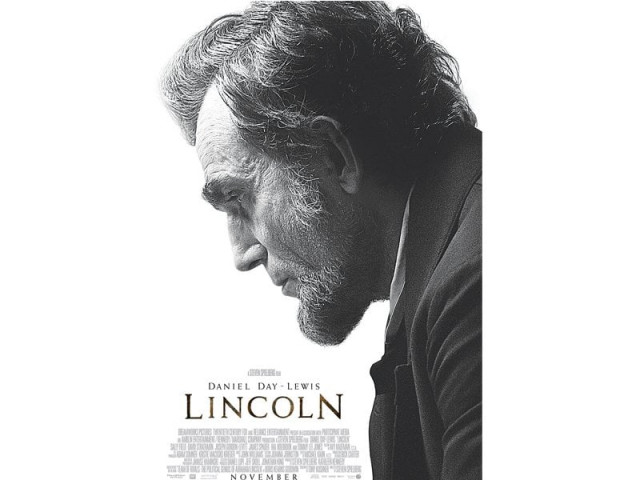Film review: Lincoln - in pursuit of equality
In Lincoln, Spielberg achieves the improbable — film that even renders the subject of politics rather compelling.

In Lincoln, Spielberg achieves the improbable — film that even renders the subject of politics rather compelling.
This is the time when Lincoln, the sixteenth U.S. President, fights to outlaw ‘slavery and involuntary servitude’ by having the Thirteenth Amendment passed at the House of Representatives.
It is also during this denouement that Lincoln is expected to win the Civil War against the South. Due to the complexity of American politics, the amendment must be passed as soon as possible, so that the slaves are not caught in a vicious cycle of enslavement.
Lincoln is portrayed as a patient yet shrewd individual, playing politics cunningly in order to win the votes required.
This film is yet another magnificent piece of cinema from Spielberg. But it is an epic that is unlike his previous pieces of historical work, where he avoids the grandeur, and allows the excellent script, a patient direction, and the acting to work the wonders.
The performances are timeless. Tommy L. Jones features as Republican Congressional leader Thaddeus Stevens, a stubborn man who reins in his call for complete racial equality so that Lincoln may succeed in his political negotiations.
Meanwhile, Daniel Day-Lewis gives a powerful performance as Lincoln himself, embodying the intelligent, tolerant, down to earth, and level headed nature of the great American leader. Moreover, the actor manages to exude a great level of self-confidence as the President, a self-made man who climbed the social ladder with little formal education.
In Lincoln, Spielberg achieves the improbable — film that even renders the subject of politics rather compelling. The political negotiations of Lincoln and his staff are given in a condensed fashion. With the civil war’s end nearby, there is a sense of great urgency and suspense in this highly political film.
There is also a worthwhile message in Lincoln: politics, with all its ways and wiles, can be used by noble leaders for great ends. Hopefully Lincoln will be a film that some of our own leaders can watch and learn from. Though, I probably shouldn’t hold my breath.
Published in The Express Tribune, Sunday Magazine, January 13th, 2013.
Like Express Tribune Magazine on Facebook to stay informed and join the conversation.



















COMMENTS
Comments are moderated and generally will be posted if they are on-topic and not abusive.
For more information, please see our Comments FAQ